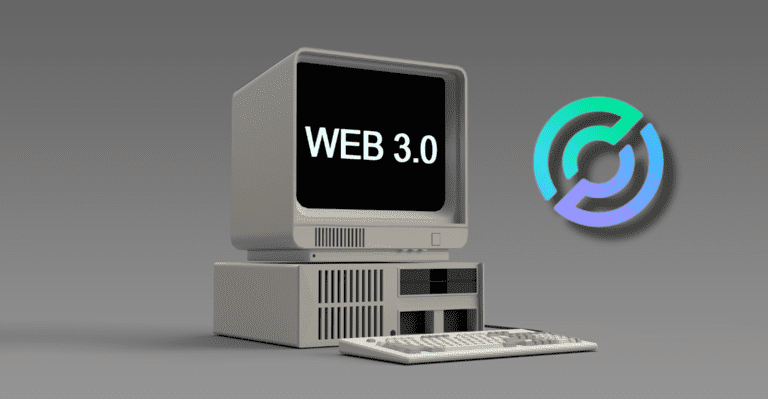The company Circle is expanding its horizons with the launch of new Web3 services: a smart contract platform and gas stations.
1/ Introducing Gas Station and Smart Contract Platform – built for #devs & available in beta!
Our two new #Web3 Services products provide solutions for devs & businesses to remove cost, complexity & friction for app users. Let’s dive in to learn how our Web3 services continues… pic.twitter.com/gZnpAvYepT
— Circle (@circle) October 19, 2023
Their work and collaboration with companies and developers who choose to build with programmable wallets have given them a much broader and deeper understanding of the obstacles that must be overcome to achieve mass adoption of blockchain-based experiences.
Following that thread, handling gas fees and working with smart contracts are weak points to address. It was precisely in an effort to solve these issues that the two new updates are introduced.
On one hand, the “Gas Station” will abstract the experience of blockchain network fees (gas) for both developers and users. On the other hand, the smart contract platform will simplify the incorporation of contract interactions into applications.

How the New Web3 Tools Work
Gas stations eliminate the need for developers to manage gas tokens in their blockchain applications. They allow developers to sponsor gas tokens on behalf of users, significantly improving the user experience by reducing friction.
Users used to have to deal with obtaining and managing gas tokens to perform transactions on the network, which can be complicated. With gas stations, developers can configure policies such as daily spending limits and maximum transaction values and activate gas sponsorship.
This streamlines the process and speeds up application development by offering users a gas-free experience.
On the other hand, smart contract platforms enable developers to easily incorporate smart contract interactions into their applications. Smart contracts are self-executing programs on a blockchain that execute predefined logic. However, creating, testing, and maintaining smart contracts is not straightforward.
Circle aims to eliminate these barriers by providing a simpler way to implement and use smart contracts. Developers can import standardized contracts or customize them to suit their needs.
This facilitates the adoption of smart contracts in various applications and use cases. Circle’s smart contract platform will also expand to a variety of use cases through pre-audited contract templates.

